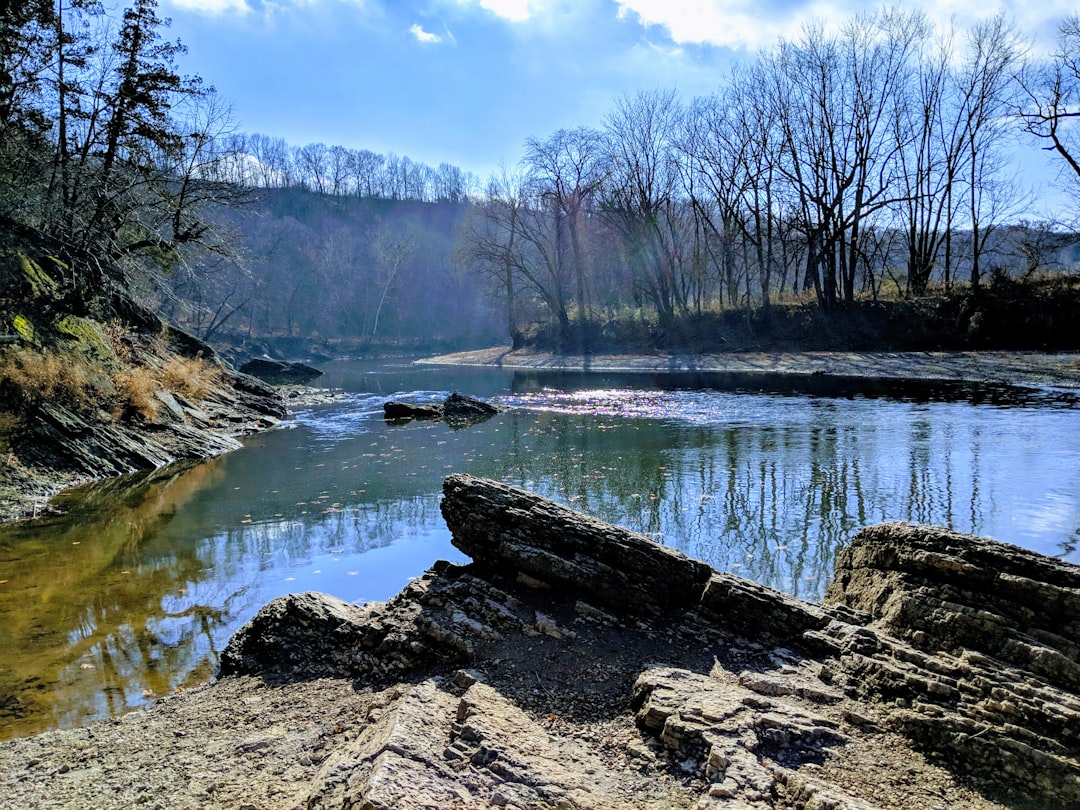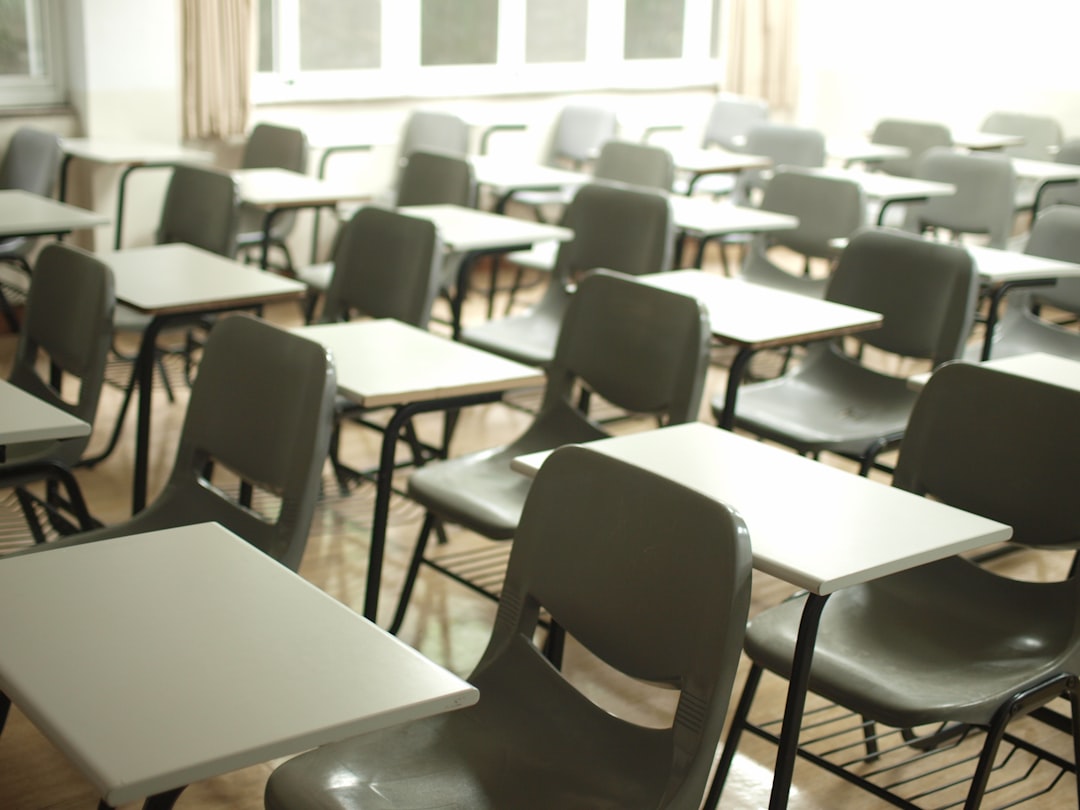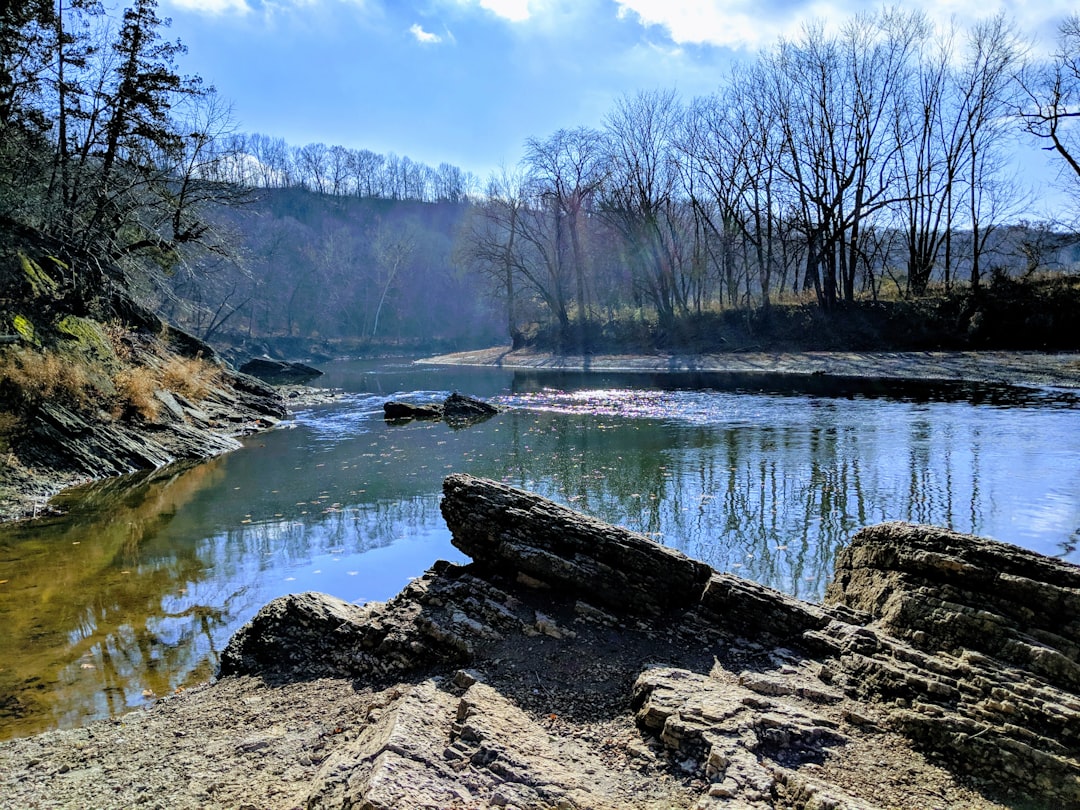Hazing, a prevalent and often illegal issue in Illinois schools, requires urgent attention, especially regarding sexual assault during initiation rituals. Hazing abuse attorneys Illinois play a vital role in exposing and combating this hidden problem by helping victims navigate the justice system and pursue accountability for non-consensual acts. Schools must implement robust policies, educational programs, and staff training to prevent and address hazing-related assaults, collaborating with law enforcement and victim support organizations. Victims can find support through hazing abuse attorneys Illinois, who investigate incidents, gather evidence, and use legal tactics to secure justice and prevent future hazing-related abuse.
In Illinois, hazing-related sexual assault cases have brought heightened attention to school liability and the need for robust prevention strategies. This article delves into the complex legal landscape surrounding hazing, focusing on its implications under Illinois law. We explore the role of schools in fostering safe environments, examine legal avenues for victims seeking justice, and provide insights for families affected by hazing abuse through the lens of Illinois’ legal framework, assisted by experienced hazing abuse attorneys.
Understanding Hazing and Its Legal Implications in Illinois

Hazing, a deeply concerning phenomenon, often takes on insidious forms within educational institutions, particularly in high schools and colleges. In Illinois, where hazing incidents have garnered significant attention from both legal experts and community leaders, understanding the legal implications of such acts is paramount. Hazing abuse attorneys in Illinois play a crucial role in shedding light on this issue and advocating for victims who have endured sexual assault during initiation rituals.
These rituals, under the guise of fostering camaraderie or building team spirit, can escalate into illegal activities, especially when they involve non-consensual acts and sexual harassment. The legal landscape in Illinois provides a framework to address hazing as a form of abuse, with specific laws targeting sexual assault and harassment. By engaging the expertise of specialized attorneys, victims can navigate the complexities of the justice system while seeking justice and accountability for their experiences.
The Role of Schools in Preventing and Addressing Hazing-Related Sexual Assaults

Schools play a pivotal role in preventing and addressing hazing-related sexual assaults, which are all too common in Illinois. Beyond providing a safe learning environment, institutions should implement robust policies and programs to educate students about consent, respect, and the severity of hazing abuse. This includes comprehensive training for administrators, teachers, and coaches who can then serve as role models and influencers among their peers.
Regularly scheduled workshops, discussions, and awareness campaigns are essential tools in fostering a culture that discourages hazing behavior. Schools should also establish clear reporting mechanisms, ensuring students feel comfortable and safe when coming forward with concerns or experiences related to sexual assault or hazing abuse. Collaborating with local law enforcement and organizations specializing in victim support can further enhance the school’s ability to handle such cases effectively, aiming to hold both perpetrators and institutions accountable through the assistance of hazing abuse attorneys Illinois.
Legal Strategies for Victims Seeking Justice and Accountability

For victims of hazing-related sexual assault in Illinois, seeking justice and accountability can be a complex and daunting process. However, with the right legal strategies, there is a path to holding perpetrators and institutions responsible. Hazing abuse attorneys in Illinois play a crucial role in navigating these cases, providing specialized knowledge and advocacy for survivors.
These attorneys employ various legal tactics to ensure victims’ rights are protected. They thoroughly investigate the incident(s), gathering evidence and interviewing witnesses to build a compelling case. Using state laws and regulations regarding school liability, they argue that institutions failed in their duty of care to prevent hazing and protect students from sexual assault. By holding schools accountable through litigation or negotiations, hazing abuse attorneys strive to secure justice, compensate victims for their suffering, and foster systemic changes to prevent future occurrences of hazing-related abuse.





